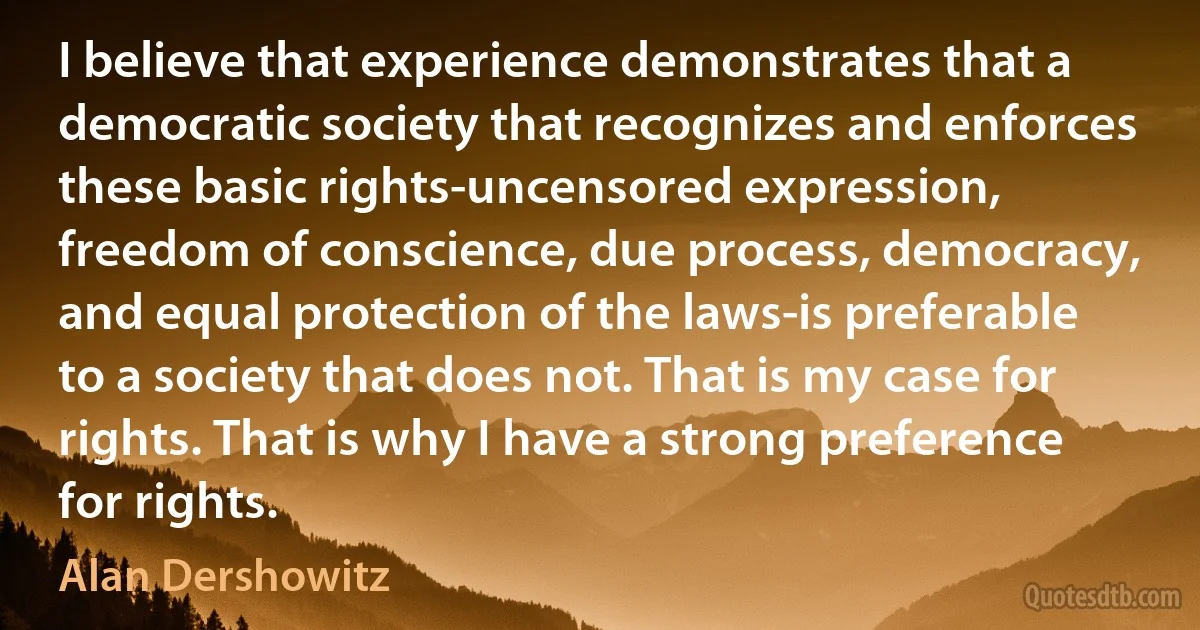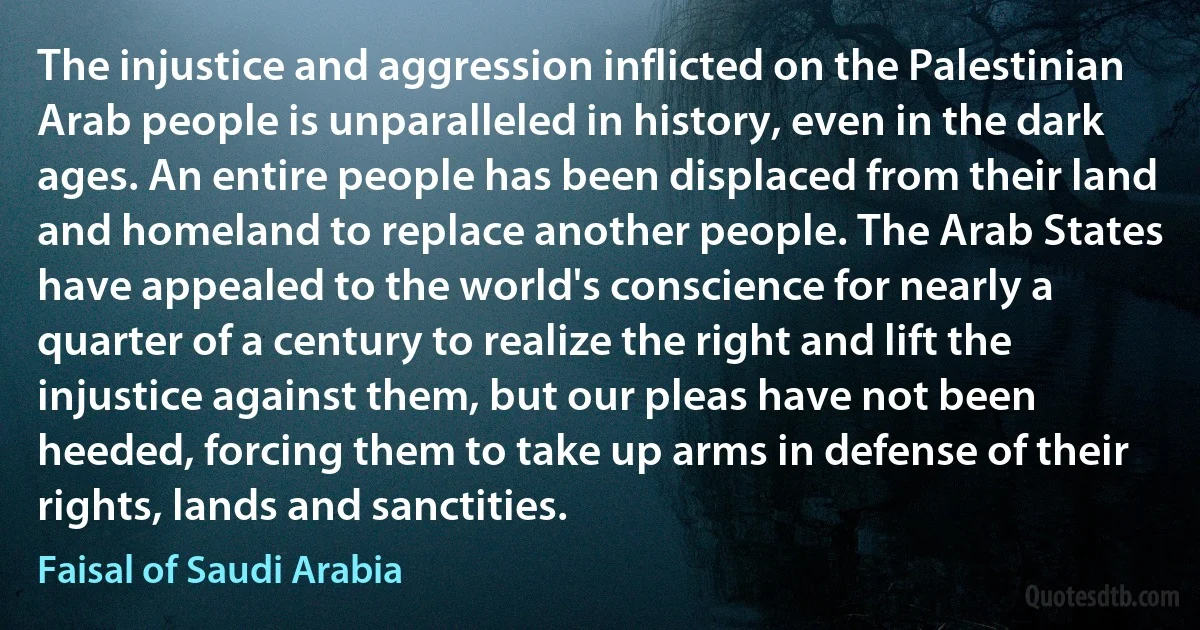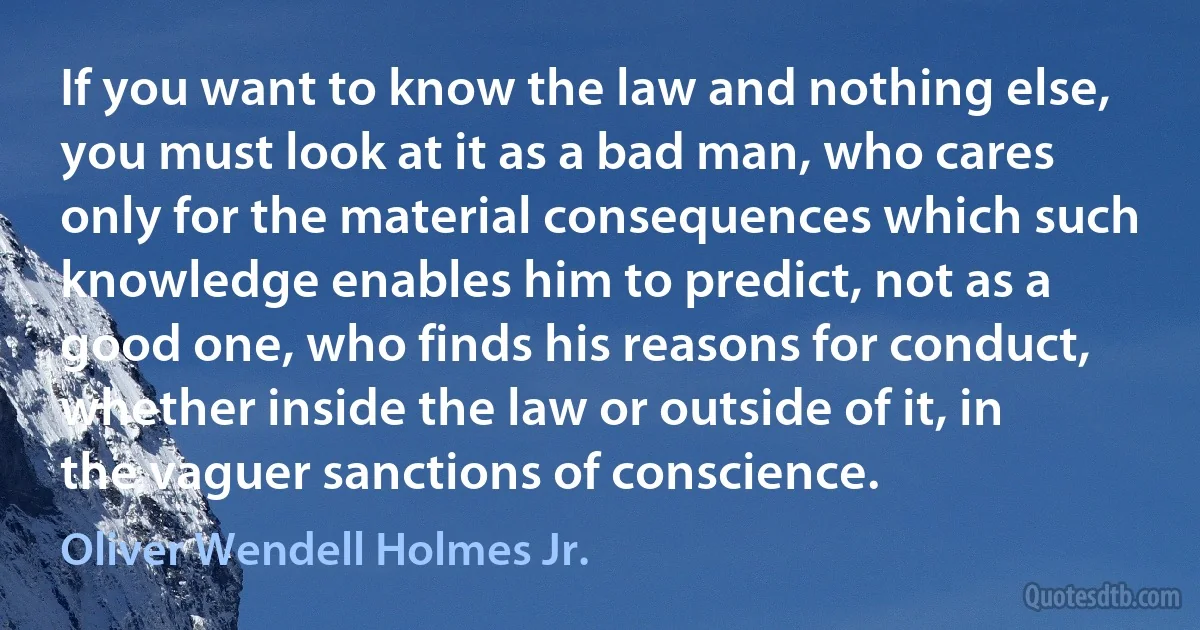Conscience Quotes - page 52
We live in a nightmare of falsehoods, and there are few who are sufficiently awake and aware to see things as they are. Our first duty is to clear away illusions and recover a sense of reality. If war should come, it will do so on account of our delusions, for which our hag-ridden conscience attempts to find moral excuses. To recover a sense of reality is to recover the truth about ourselves and the world in which we live, and thereby to gain the power of keeping this world from flying asunder.

Nikolai Berdyaev
None have I corrupted. None have I defrauded. Merchandise have I not made - to God's glory I write - of the glorious Evangel of Jesus Christ; but, according to the measure of the grace granted unto me, I have divided the Sermon of Truth in just parts, beating down the rebellion of the proud against God, and raising up the consciences troubled with the knowledge of their sins, by declaring Jesus Christ, the strength of His Death, and the mighty operation of His Resurrection, in the hearts of the Faithful. Of this, I say, I have a testimony this day in my conscience, before God, however the world rage.

John Knox
Lawlessness by the rich and powerful is the norm... Either they violate the law with impunity, or they make sure the law provides loopholes for them with their influence in Congress. ...They are extremists... [T]hey... have no conscience, no soul. The corporate entity is an artificial being driven maniacally by profit...

Ralph Nader
In some... legislator's minds... like Mick Mulvaney... he really is mean, and he has no qualms of conscience. But I have met members of Congress... conservative Republicans, who do have qualms... John Boehner... the fictional character is Reginald Blamer, he came from a poor family of 11 children... so I have seen... people who have a public personae of ferocious oligarchy and plutocracy, but deep inside they know they're harming innocent people.

Ralph Nader
It may be that we are puppets - puppets controlled by the strings of society. But at least we are puppets with perception, with awareness. And perhaps our awareness is the first step to our liberation. The fact that obedience is often a necessity in human society does not diminish our responsibility as citizens. Rather, it confers on us a special obligation to place in positions of authority those most likely to use it humanely. And people are inventive. The variety of political forms we have seen in history are only several of many possible political arrangements. Perhaps the next step is to invent and to explore political forms that will give conscience a better chance to resist errant authority.

Stanley Milgram
At a time like this, scorching irony, not convincing argument, is needed. O! had I the ability, and could reach the nation's ear, I would, to-day, pour out a fiery stream of biting ridicule, blasting reproach, withering sarcasm, and stern rebuke. For it is not light that is needed, but fire; it is not the gentle shower, but thunder. We need the storm, the whirlwind, and the earthquake. The feeling of the nation must be quickened; the conscience of the nation must be roused; the propriety of the nation must be startled; the hypocrisy of the nation must be exposed; and its crimes against God and man must be proclaimed and denounced.

Frederick Douglass
Fellow citizens, in the name of your rights and liberties, which I believe have been trampled upon, I refuse to take this oath. In the name of the nationality of Texas, which has been betrayed by the Convention, I refuse to take this oath. In the name of the Constitution of Texas, I refuse to take this oath. In the name of my own conscience and manhood, which this Convention would degrade by dragging me before it, to pander to the malice of my enemies, I refuse to take this oath. I deny the power of this Convention to speak for Texas....I protest....against all the acts and doings of this convention and I declare them null and void.

Sam Houston
One of the three will want me anyway.
And my conscience is quiet
about my not caring which one I choose:
the three of them are equally bad for Syria. But, a ruined man, it's not my fault.
I'm only trying, poor devil, to make ends meet.
The almighty gods ought to have taken the trouble
to create a fourth, a decent man.
I would gladly have gone along with him.

Constantine P. Cavafy
During the years Hardie was in Parliament, from 1892 to 1895...he made the subject of unemployment an issue in British politics. Before then the State acknowledged no obligation to make provision for the unemployed. They were regarded as being in the main a lot of drunken, thriftless, ne'er-do-wells whose condition was due to their own fault. By persistently keeping the unemployed question before Parliament, and by speaking at week-ends throughout the country, Hardie at last succeeded in getting the Government to admit a public responsibility for the unemployed. To Keir Hardie, more than to any other man, the credit was due for the great change which, in the last 30 years, had come over Parliament, and the awakening of the public conscience on this question.

Keir Hardie
[16 October 18951: it is my fortune to have been born and to a large extent brought up among those whom white men call `heathen'; and while I recognise the paramount duty of every white man to follow the teachings of his creed and conscience as `a debtor to do the whole law,' it seems to me cruel that white men, whose governments are armed with the most murderous weapons known to science, should amaze and confound their fellow creatures with a doctrine of salvation imperfectly understood by themselves and a code of ethics foreign to the climate and instincts of those races whose most cherished customs they outrage and whose gods they insult.

Rudyard Kipling
The father is against the son, the brother against the brother: and, Lord, with what conscience!
O be thou merciful unto us, and in thine anger remember thy mercy; suffer thyself to be entreated; be reconciled unto us; nay, reconcile us unto thee. O thou God of justice, judge justly. O thou Son of God, which earnest to destroy the works of Satan, destroy his furors, now smoking, and almost set on fire in this realm. We have sinned; we have sinned: and therefore thou art angry. O be not angry for ever. Give us peace, peace, peace in the Lord. Set us to war against sin, against Satan, against our carnal desires; and give us the victory this way.
This victory we obtain by faith. This faith is not without repentance, as her gentleman usher before her: before her, I say, in discerning true faith from false faith, lip-faith, Englishmen's faith: for else it springs out of true faith.

John Bradford
Decadence, instability, disintegration, corruption, reversal of attitude, all that arises through the simple fact of one's going on existing without self-criticism, self-renewal, constant self-adaptation, without letting anything in one die, through the simple fact of gradually settling down in the vantage point one occupies, the good conscience one enjoys. Such is the permanent danger of all spiritual life. It is an inevitable deterioration which can only be overcome-and painfully at that-by a watchful mustering of strength-unless it be effortlessly vanquished by a wonderful gift of grace....Whence the necessity of paradox: or rather the perpetual flavor of paradox that truth has, when it is freshly expressed, for the man who clings to a truth when it is in the process of turning into a lie.

Henri de Lubac
More is given to us than to any people at any time before; and, therefore, more is required of us. We have made, and still are making, enormous advances on material lines. It is necessary that we commensurately advance on moral lines. Civilization, as it progresses, requires a higher conscience, a keener sense of justice, a warmer brotherhood, a wider, loftier, truer public spirit. Falling these, civilization must pass into destruction. It cannot be maintained on the ethics of savagery. For civilization knits men more and more closely together, and constantly tends to subordinate the individual to the whole, and to make more and more important social conditions.

Henry George
An ordinary human being, with a personal conscience, personally answering for something to somebody and personally and directly taking responsibility, seems to be receding farther and farther from the realm of politics. Politicians seem to turn into puppets that only look human and move in a giant, rather inhuman theatre; they appear to become merely cogs in a huge machine, objects of a major civilizational automatism which has gotten out of control and for which nobody is responsible.

Václav Havel
Today I would like to thank from my heart all those of you who have trusted me, sympathized with me or in any way supported me. Without your understanding and goodwill I would not have been able to stay in office for even a few moments. I appreciate your support all the more for the fact that I did not try at all costs to obtain it. I frequently even took what was clearly a minority position and so reaped more opposition than recognition. Sometimes I may have been mistaken in this but I would like to assure you of one thing: I have always tried to abide by the dictates of the authority under which I took my oath of office - the dictates of the best of my awareness and conscience.

Václav Havel
The romantic mode is primarily inspirational, imaginative, creative, intuitive. Feelings rather than facts predominate. "Art" when it is opposed to "Science" is often romantic. It does not proceed by reason or by laws. It proceeds by feeling, intuition and esthetic conscience. In the northern European cultures the romantic mode is usually associated with femininity, but this is certainly not a necessary association.
The classic mode, by contrast, proceeds by reason and by laws-which are themselves underlying forms of thought and behavior. In the European cultures it is primarily a masculine mode and the fields of science, law and medicine are unattractive to women largely for this reason. Although motorcycle riding is romantic, motorcycle maintenance is purely classic.

Robert M. Pirsig



